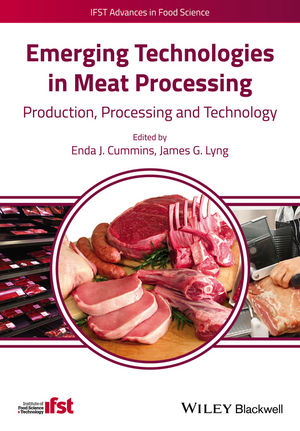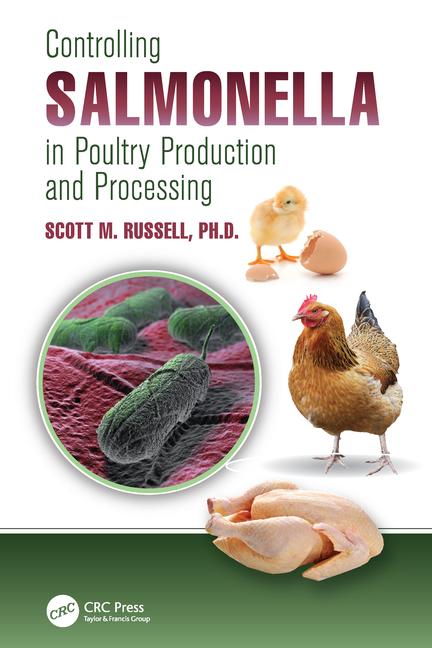I recently had an opportunity to speak at several conferences about the business case for sustainable protein production. While preparing, I gave a lot of thought to how individual companies and industry can collaborate and respond more effectively to stakeholder questions about sustainability. I want to recap the key messages shared during these presentations.
The business case
To understand the focus on and business case for sustainable chicken, beef and pork production and processing, you must first accept that sustainability is not a fad. It’s not a program of the month, sales pitch or marketing ploy. In addition, sustainability is not solely about being green.
Those in protein production serve a global community that’s facing unequaled economic, social and environmental challenges. And while, for the most part, this global community is removed from animal protein production, they do have questions and concerns about how their food is produced. Moreover, consumers are being inundated with messages encouraging them to not eat meat. These concerns and this messaging have brought about increased pressure from stakeholders for industries to look beyond their profits and implement sustainability strategies that demonstrate social and environmental responsibility is integrated into every aspect of their business.
In short, sustainability is an expectation. It’s a business norm. Transparency is what stakeholders are demanding andtransparency builds trust. As individual companies and industry, we certainly have a choice about being transparent; however, when we step out of our comfort zone and talk openly with our stakeholders about some of the tougher topics, we reinforce trust with those outside the walls of our industry.
If an activity is sustainable, it should not only be able to continue forever but also evolve such that our resource efficiency, knowledge and practices continually improve. As a result, the questions become:
1. How can we demonstrate in a verifiable and recognized manner that we are providing sustainable food products when, for example, sustainable protein production can mean different things to different people?
2. How do we in protein production implement sustainability initiatives that are unique to our business, drive continual improvement and take credit for the practices we already have in place that promote sustainability?
A united response
Those of us involved in protein production must remain open to and prepared for change. Key elements of a united industry response to sustainability include focusing on what’s relevant, collaboration, and monitoring and measuring our progress. We must embrace opportunities to engage with our stakeholders to develop a more informed understanding of their concerns and desires, and then collaborate as an industry to address and manage specific and strategic sustainability opportunities related to these concerns and desires. It’s through this collaboration that we will strengthen the trust our customers and consumers have in the food products we provide.
We must remember, however, trust will only be recognized if we’re able to monitor and measure our progress. It’s not enough to say, “Hey, yes, you can trust us and we are a sustainable industry.” Customers and consumers want proof. They want facts and data they can easily understand and that clearly demonstrate continual improvement on the topics of greatest importance to them such as animal well-being, safe food products, nutrition and health, and environmental protection.
It’s also important to note that monitoring and measuring our progress is critical to fighting the false claims and misleading allegations our industry faces and educating our stakeholders on our business and our environmental and social progress. As I noted earlier, more consumers want to know where their food comes from, how it’s produced and the ingredients it contains. We must communicate with customers, consumers and other consistently and transparently. We want to ensure they feel good about the food products they’re serving their families, and we want them to remind we serve the same products to our own families.
To make great food stakeholders trust and to make a difference they can rally around, we must challenge our assumptions. We must seek to better understand the needs, wants and concerns of our stakeholders. We must partner through organizations such as Global Roundtable for Sustainable Beef to drive meaningful and verifiable continual improvement.
Finally, we must realize that every member of this industry has an important and sustainable story to tell and we all have an opportunity to serve as a champion for our industry. If we don’t tell our story, I can promise you someone else will step up to the microphone and tell it for us. In this day and age of social media, undercover videos and the like, there’s a better-than-good chance we won’t like the way they tell our story.
Engaging the future of ag
“Use your voice to tell the story of agriculture, because if you don’t, the story of agriculture is going to get told. But it’s going to get told by people who haven’t experienced it, and who don’t understand it, and who sometimes maybe even have an agenda to cripple it,” he said. “And if they’re the only ones telling the story, then the almost-billion people on our planet today who go to bed hungry every night, could grow to 2 billion or 2 billion-plus by 2050.”n October 2014, Tyson Foods’ president and CEO Donnie Smith encouraged students at the National FFA Organization’s Convention & Expo to use their voices to tell the story of agriculture.








Report Abusive Comment